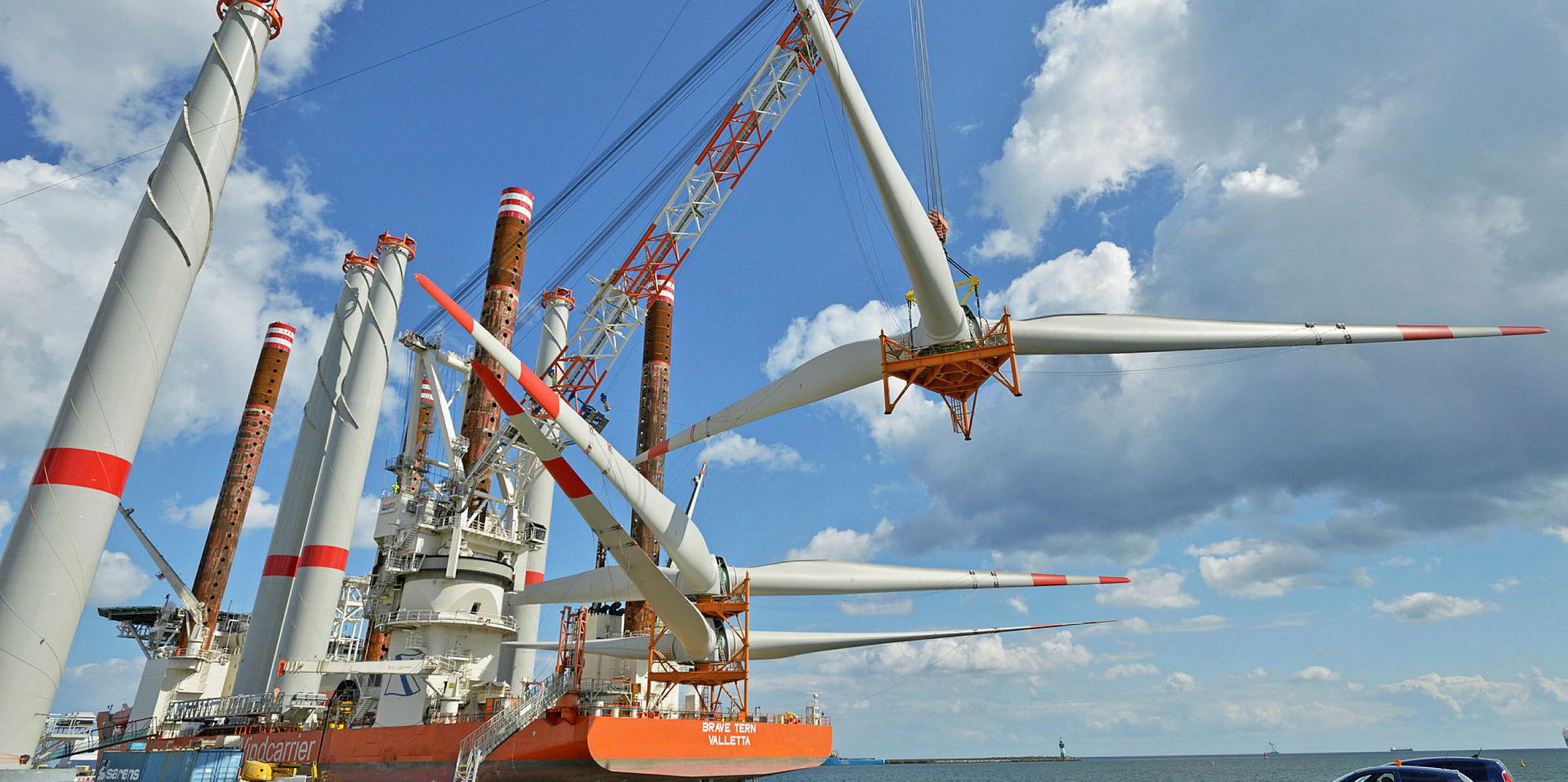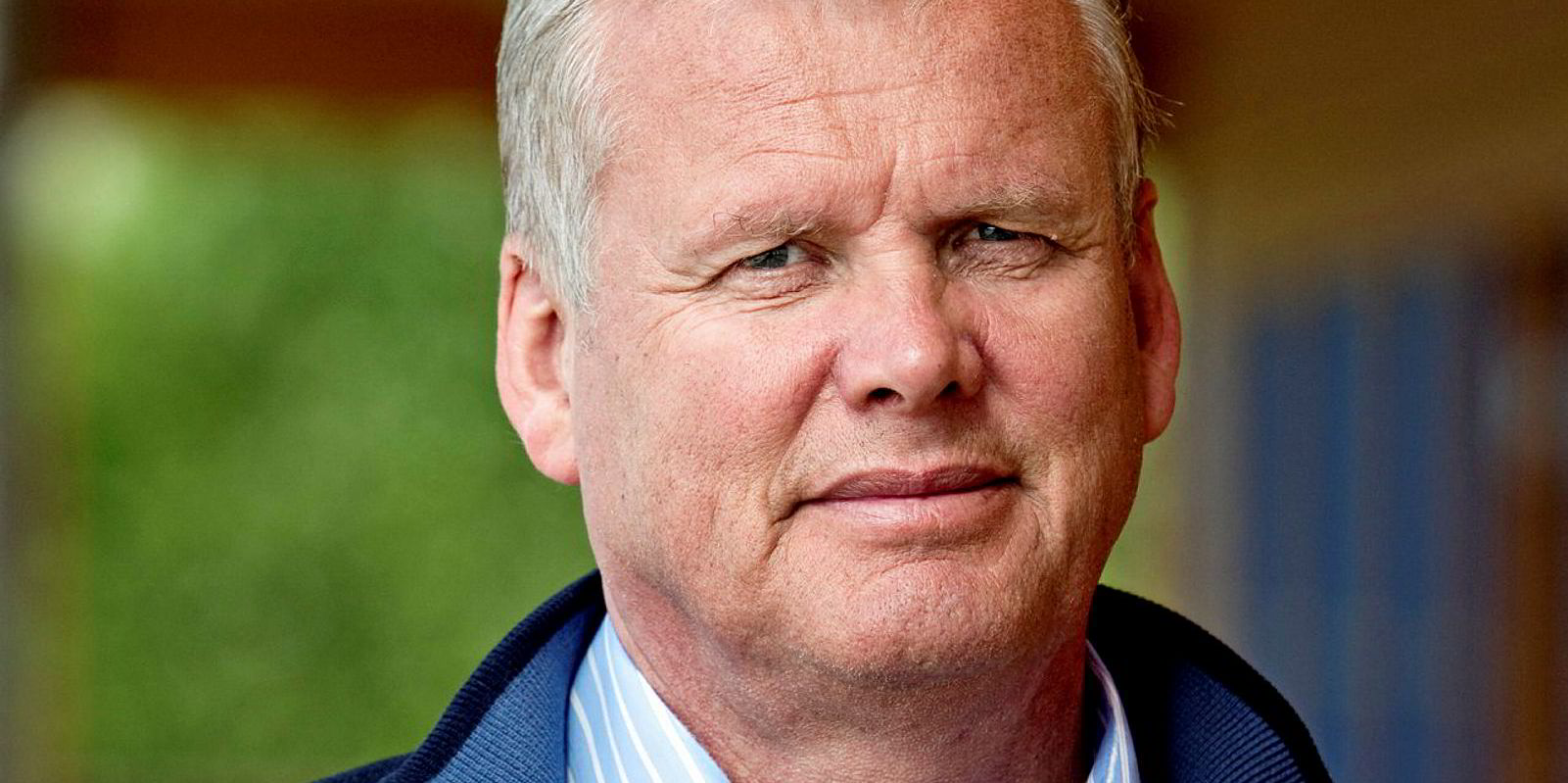Dubai seismic survey vessel owner Polarcus is accelerating its pandemic cost-cutting plans with big job reductions planned.
The Oslo-listed shipowner said it would be axing 20% of workers, mainly through redundancies.
At the end of March it had signalled cuts to shave $15m off its expenditure to "navigate the market uncertainty caused by the combined impact of the Covid-19 pandemic and oil price volatility".
Operational staff, both onshore and on vessels, have already been cut to manage the anticipated fluctuation in activity levels. But it has not revealed actual numbers.
Salaries cut permanently
The latest move will save another $7m-plus, improving its financial resilience, it said.
There will also be a "range of permanent and temporary compensation and benefit adjustments", including a permanent 10% reduction at senior levels from 1 October.
A one-off cost of $2m will booked in the second quarter as a result of the changes.
Onshore staff will now deal with clients in a more "efficient and scaleable hemisphere structure", the company added.
This involves keeping a sales and marketing presence in Houston and London, and Dubai and Singapore.
The latest measures will streamline the company and adjust operational capacity to align with current market conditions and the near-term outlook, it said.
Polarcus has been contacted for further information on the lay offs.
Activity levels remaining low
Seismic survey ship operators are at the sharp end of oil majors' exploration budget cuts as a result of Covid-19.
"Activity levels in marine seismic acquisition over the near-term remain low with limited visibility on future projects," chief executive Duncan Eley said.
"However, based on regular discussions with key clients and indications of a more robust oil price through second-half 2020, seismic demand is expected to improve during 2021."
UK broker Clarksons lists five of its seven ships as idle or laid up.
Eley added: "The extent of the global economic crisis over the past three months has been profound. The further organisation changes we have made respond to the deteriorated market conditions and position the company for the future."
The company actually enjoyed a stronger first quarter in better markets until the full impact of the pandemic began to be felt in March.
The net loss to 31 March was cut to $4.2m, against $5.3m the year before.
The March cost-saving proposals included redundancies and a six-month cut to salaries of 25% at senior levels and 15% for other workers.
Capital expenditure plans of $7m were put on hold and it said vessels would be placed in warm lay-up.






